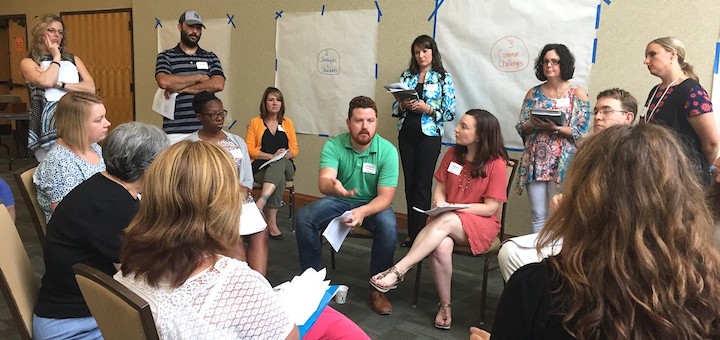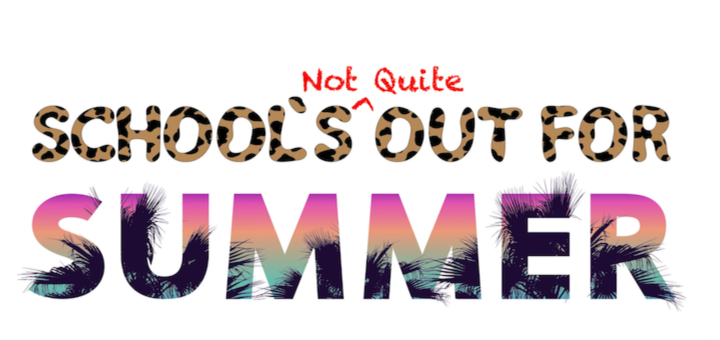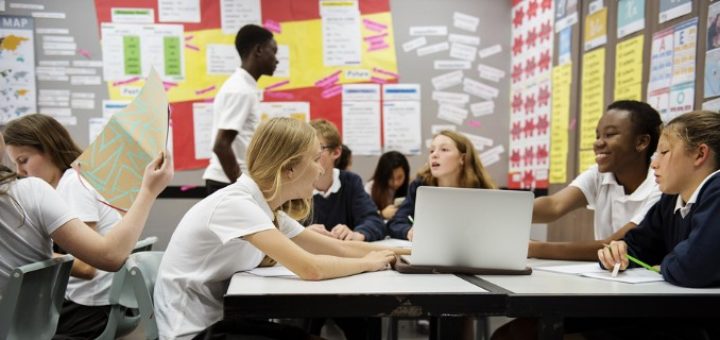Research-Based Easy Read for New Teachers
You’re a Teacher Now: What’s Next? is an easy read that shares a wide range of proven practices for new teachers (and veterans) in an organized and honest way. A “definite recommendation,” says teaching professor Michelle Schwartze, who also likes the free online reproducibles.























